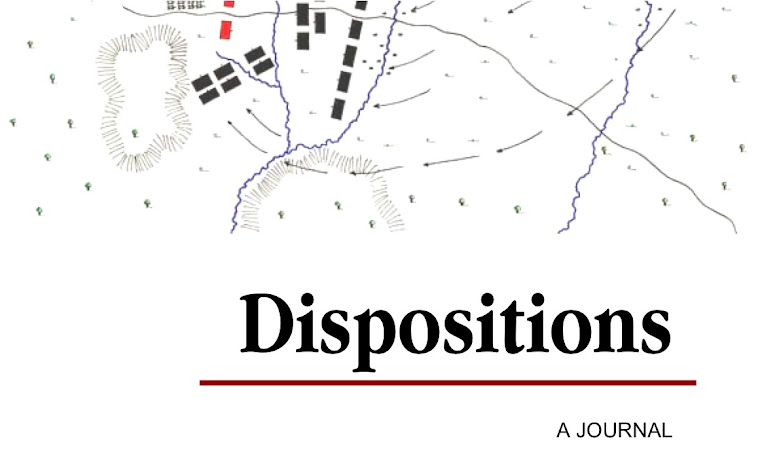For a few years, controversy has been bubbling beneath the surface among activists involved with social movements in South Africa about how these movements are represented in the academic and activist literature. In short, questions are being raised whether the claims made about or on behalf of some of the movements are substantially accurate. This controversy about knowledge production has been sharpened recently with the added critique that the movements' politics, strategies and tactics have waned to a point where many of the best-known organisations are a spent force; more liberal NGO than radical movement[2]. When the historical propensity to exaggeratedly praise social movements faces their recent, marked decline as a radical political force in society, the gap between fact and mythology becomes problematically large. This paper argues that the intellectual and media support given by a range of academics and activists to movements in South Africa has slipped into branding. The branding is not only misleading, it has recklessly exposed movements to attack and prevented and even silenced sober assessments of the nature, strength and direction of social movements. A range of authors skirted around the issue until the recent publication of an article that seized the bull by the horns.
Luke Sinwell (2010) of the Research Unit for Social Change at the University of Johannesburg weighs in against the romanticisation in activist and academic writing of social movements in South Africa[3]. Focusing specifically on Abahlali baseMjondolo (Abahlali), he makes a case for "soberly uncover[ing] the politics of Abahlali and other movements". He goes on to suggest that, stripped of its recent victimization by the state, "Abahlali actually appears quite conservative in its politics"(39). This is a striking point that may take aback many who have been reading about South African struggles. Abahlali are widely lauded in the academic and activist literature, on wikipedia and on their own website as the pre-eminent South African social movement. They are portrayed as subjects who are resolutely militant and possessed of unusual clarity and courage. Their existence has broken all sorts of new ground: ethical, epistemological, legal and strategic. When Abahlali cast their demands in terms of seeking an overarching "dignity" and "respect" from the government and society, this is said to constitute a critique of traditional social movement theory that usually simply ends with the achievement of immediate political and economic goods[4]. Perhaps unique among movements is the depth of reach of Abahlali into communities where they operate. According to Richard Pithouse (2006), this has come close to self-government and is ensured by their avowed vibrant autonomous democratic culture that sees a good number of gender-balanced, sub-committees meeting every day to chart the way forward[5].
Sinwell has evidently read these claims about the movement. However, he warns: "We must also confront the desire among the Left to depict the weak and vulnerable, the poor and shack dwellers, as those who have all the answers, as pure subjects" (Sinwell: 39). He calls for a re-evaluation of the role of those sympathetic academics who support social movements by supposedly "amplifying their voice". In particular he questions the prevalent practice of sympathetic academics running and updating websites that depict the struggles of social movements "on their behalf" (39). This does little to build movements on the ground. This is especially the case if the knowledge disseminated about the movement by its sympathizers is heavy on romance and light on candour.
Sinwell is in a good position to recognize the implicit dangers of this assignment. He tells us that he was himself involved in updating websites on behalf of another prominent social movement, the Landless Peoples' Movement. He says,
I have learnt that while websites do much to publicize movements to a group of left-leaning South African and international activists and scholars, they do little to actually mobilize and strengthen movements. Merely amplifying the voices of the poor and assuming that those participating from below embody the truth does not enable us to understand the potential and limitations of movements to challenge neo-liberalism. (39)
Returning to Abahlali, Sinwell says that the role of academics "has been to show struggles on websites, but never to critically engage with them or to share our own ideological direction" (39). In so doing, outside activists and academics have fairly uncritically aligned themselves with social movements and have thus abdicated important responsibilities.
[1] Illustrations by Dave Ron.
[2] See Desai, A. (2009) Obituary Fatima Meer. Pambazuka News. http://www.pambazuka.org/en/category/obituary/
[3] Sinwell, L. (2010) Defensive Social Movement Battles Need to Engage with Politics. South African Labour Bulletin. 34(1) March / April 2010, 37 –39.
[4] Bryant, J. (2008) Towards Delivery and Dignity: Community Struggle from Kennedy Road, Journal of Asian and African Studies (43) 52.
[5] Pithouse, R. (2006) Our Struggle is Thought, on the Ground, Running, The University of Abahlali BaseMjondolo, CCS Research Report. (40) 39.


No comments:
New comments are not allowed.